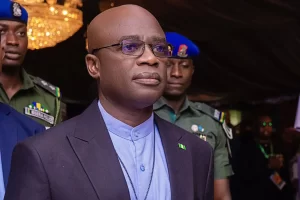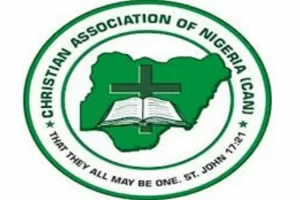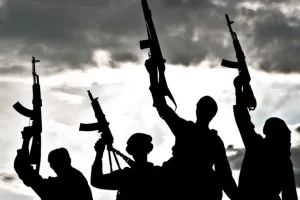The West Africa Civil Society Institute, WACSI, has called for more strategies from stakeholders to tackle critical challenges facing the health sector in the African region, post COVID-19 pandemic.
The Head of Policy Influencing and Advocacy at the West Africa Civil Society Institute, Omolara Balogun, made the call at a Regional Multistakeholder Consultative Forum on Strengthening Public Health Systems and Enhancing Vaccine Access and Justice in West Africa, held in Abuja.
Balogun noted that a recent study indicated that the region was grappling with historic and emerging health crises, compounded by the devastating impact of the recent COVID pandemic in countries like Ghana, Nigeria, Liberia, Sierra Leone the Gambia and Senegal, Niger, Burkina Faso, Benin, and Cape Verde.
Raising the urgent need to fortify the region’s health sector to meet the universal health coverage provisions, Balogun said the gathering must collectively interrogate the progress already made towards public health goals.
‘‘This introspection (at national and regional levels) will enable us to identify the most pressing needs, shed light on prevailing policy gaps, raise awareness and intensify advocacy for strong, resilient, and equitable public health systems that will enable us to achieve the universal health coverage and meet united nations sustainable development goals before or by 2030 (that is 6-years away).
‘‘The role of Civil Society Organisations in the pursuit and achievement of SDGs Goal 3 (Good Health and Well-being) cannot be overstated. CSOs are not mere observers, they are advocates, accountability partners, and drivers of change. Their role encompasses institutional preparedness, process reform, health financing, research, community engagement, and support for vulnerable populations.
Meanwhile, the Centre for Accountability and Inclusive Development, CAAID, has also warned that Africa needs to better prepare for the next post-COVID-19 era.
The Executive Director, CAAID, Aanu Rotimi said there was no way Africa can prepare without evidence or investment.
She called on Civil Society Organisations to step out of their boundaries and ensure that all stakeholders are part of the ecosystem for impactful action.
”We cannot prepare without evidence or investment, we must continue to produce local content and policy.
”Our policies, and our activities as Civil Society Groups must commit to continuous engagement with partners, all stakeholders, the donors, the government, regional level, local level and the national level to ensure that all investments are effective and can deliver what we prepared for.
Source
Disclaimer: No copyright infringement intended. All rights and credits reserved to respective owner(s).























Add Comment